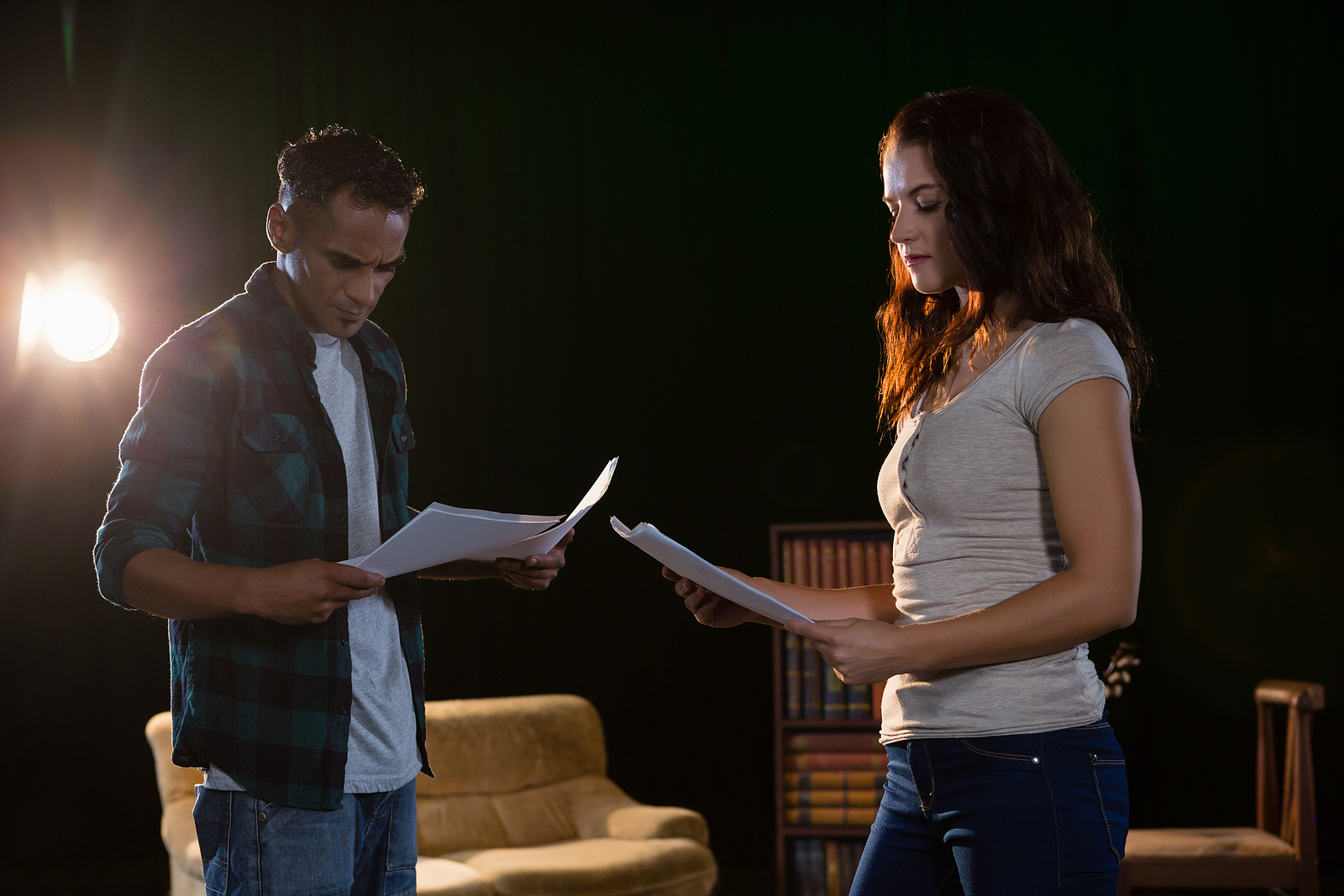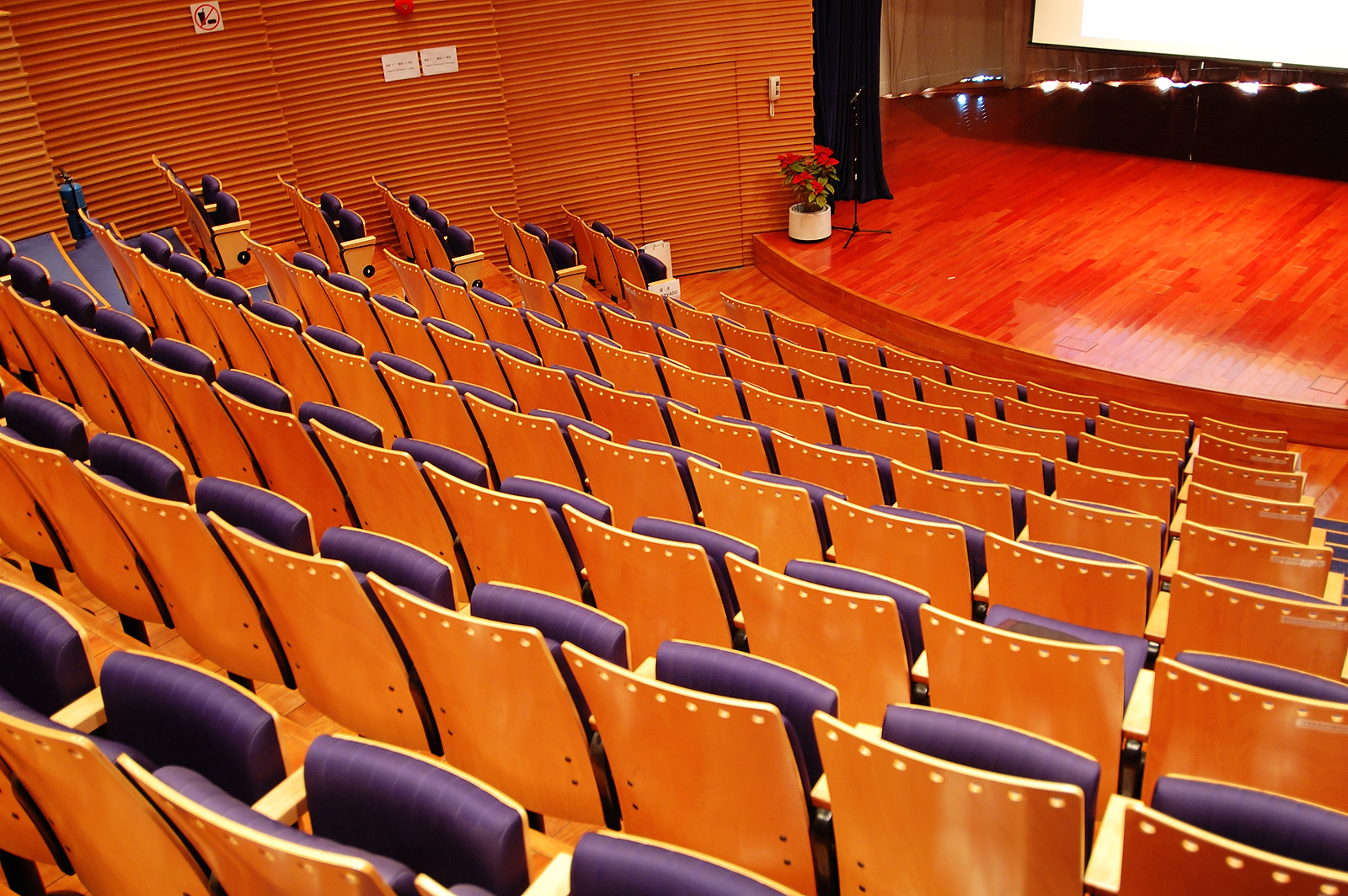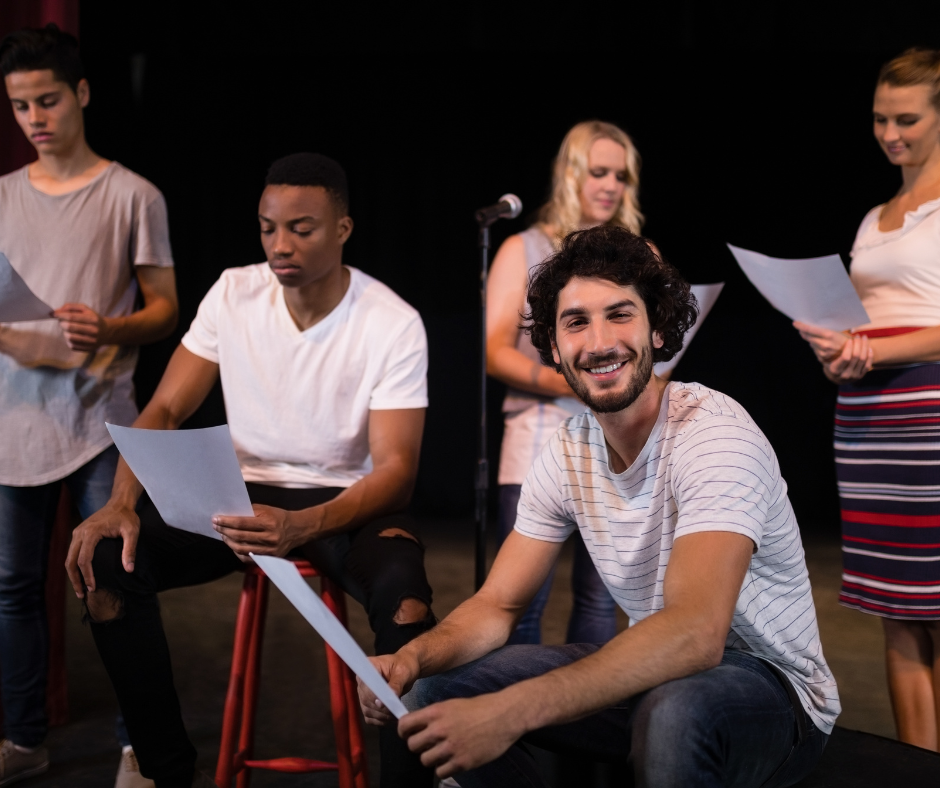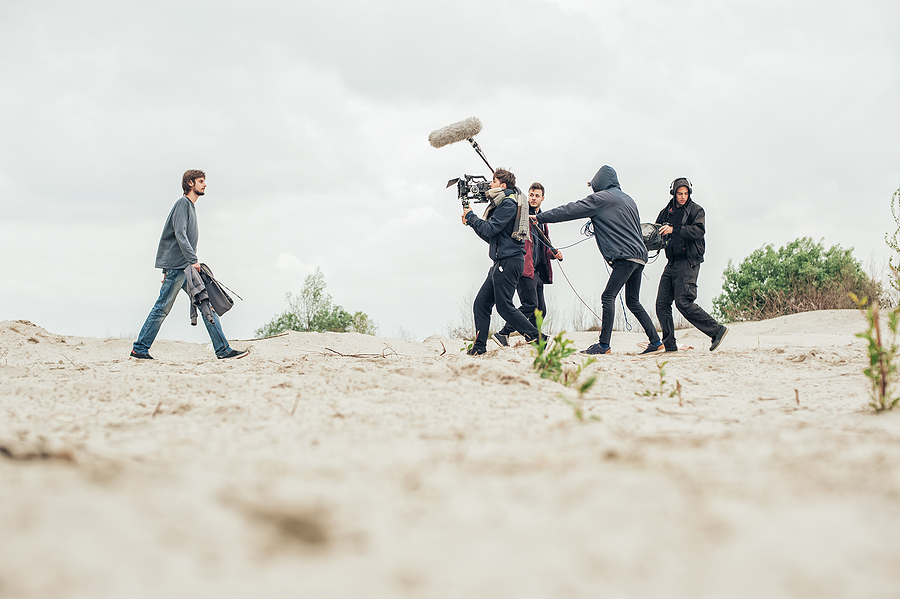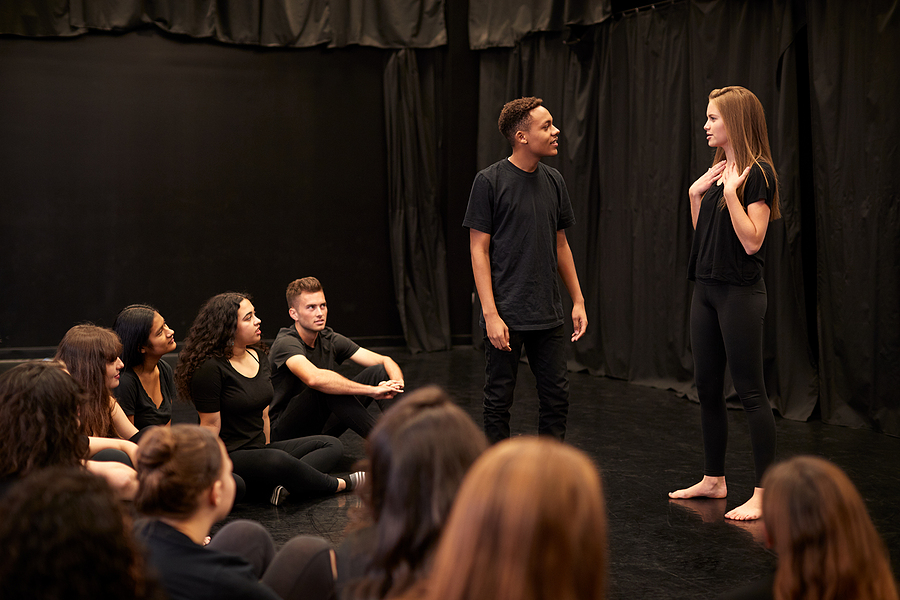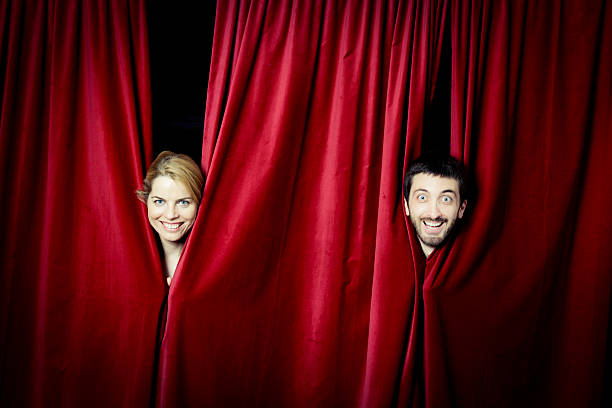
If you are embarking on adult acting classes, you are starting a creative journey that will be full of excitement, self-discovery and moments of real connection. However, there will also be some challenges that you might find daunting at first, not least comedy improv.
This is a time honoured technique of unscripted interactions that will help you to become more intuitive and confident as an actor. It does take some effort and practice to become skilled and sustain your energy during an improvised performance. Here are some tips to help you on your way to being ‘effortlessly’ funny.
Don’t try too hard
The first rule is to not actually try to be funny, because real humour lies in truth and spontaneity, and this cannot be forced. Do not worry about getting it ‘right’, because there’s no wrong way to improvise. In fact, mistakes are golden opportunities for humour, so try to relax and enjoy the process, which will lead to a natural performance.
Listen actively
Beginner actors often assume that their performance is all about them and the words they say, but in fact listening actively to your stage partner and reacting to them authentically is the true skill of good actors. This will bring forth true moments of emotion and thought, which are always more interesting than a forced joke.
Stay present in the moment rather than reflecting on what you just said or what you are planning to say next, because this will allow you to listen and observe details that you will be able to refer back to later. This will impress and surprise the audience, generating a laugh that is based on your wit rather than a cheap gag at the expense of someone else.
Build the scene
If you block or fail to respond actively to your stage partner, the scene will quickly lose energy and fizzle out. Keep the momentum going by adopting the “yes, and…” mindset, which is like returning a serve on a tennis court: it allows you both to keep playing and entertaining the audience.
Therefore even if your partner does or says something that you are not expecting, pick up the baton and run with it rather than interrupting the flow or trying to change its direction without continuity. If you have a great idea it’s fine to run with it, but it should not be a complete non sequitur that freezes out the contribution of your stage partner.
Running jokes can build the sense of silliness and hold the whole scene together, however abstract or absurd it becomes, so find the game and be a team player.
Learn to trust your instincts
An instinctive performer can make even mediocre jokes seem funny because they have the ability to create a real chemistry between their stage partners and the audience. This is not a skill you might have immediately, but practice in a safe space such as an acting class will help you to build your skills and have fun along the way.

